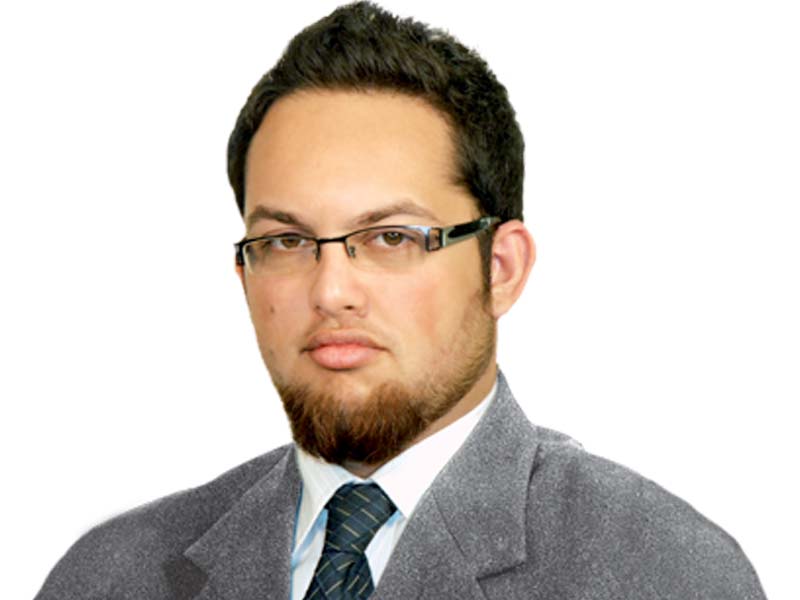
PESHAWAR: Recently, there was a discovery in the provincial capital, the details of which were revealed in a joint meeting attended by the government, its ever-ready bureaucracy and members of the medical industry—yes it’s an industry these days. All these stakeholders were gathered at the negotiating table.
The subject at hand was the K-P Medical Teaching Institute (MTI) Reforms Act which will ‘tabdeelify’ or change the industry to concentrate on treating humans rather than indulge in politics by providing a more reasonable, yet lucrative set-up.
Amid the usual dialogue at the meeting emerged a startling discovery; the fact that Lady Reading Hospital has never had an intensive care unit. Yes, a physical space exists called the ICU, but for all intents and purposes, it cannot be considered one as it lacks key essentials.
This was revealed by the chief executive of the province’s largest medical facility himself. He confirmed while an ICU does exist physically, service delivery expected from such a facility is merely an imaginative construct. The hospital, which has catered to tens of thousands of terror attack victims, does not have the ability to provide proper intensive care.
The hospital was constructed in the 1920s and if the claims hold true, one has to wonder if not only past governments were blind to this reality, but also the present one which has been in power for the last two-and-a-half years.
Ironically, the health minister was absent from the meeting. It was the chief minister who was explaining measures to revolutionise and modernise hospitals.
While there is little doubt a lot of effort is needed to actually change the medical industry, the manner in which the entire situation has been handled is a complete mess.
After the meeting concluded, a resolution was signed by doctors’ unions and it was pointedly mentioned that all doctors would be taken on board for any major decision.
The next day, all those who were not present or either opposed the MTI act were transferred through a notification. A week later, the Essential Services Act of 1958 was imposed throughout the hospitals of Khyber-Pakhtunkhwa.
However, throughout the negotiations, the arguments from doctors at the meeting or those absent did not even remotely mention the welfare of the patients they treat.
It is unfair to place the blame entirely on the government, but there is a distinct lack of expertise to handle such a serious matter; a point vociferously voiced from within the Pakistan Tehreek-e-Insaf.
Many a time, the government has claimed those opposing medical reforms are few in number. However, this begs two questions.
Why is ‘positive change’ so often and vehemently opposed by the people for whom it is meant to benefit? And why were such extensive measures taken by the administration to quash the ‘few’ offering resistance?
Isn’t it a failure on part of the government to explain the positive side of the MTI act or is the health ministry
incapable of dealing with the situation at hand?
These are key concerns at a time when a depoliticised police has problems with the Police Reforms Act and the Ehtesab Commission director general is questioning amendments to the act governing the accountability body of which he is in charge.
Published in The Express Tribune, February 10th, 2016.




























































COMMENTS
Comments are moderated and generally will be posted if they are on-topic and not abusive.
For more information, please see our Comments FAQ